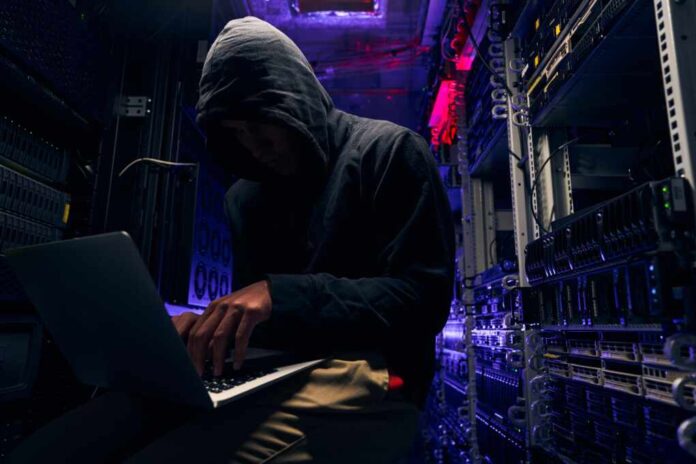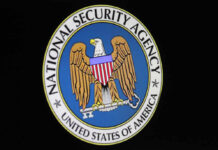
FBI Director Christopher Wray went to great lengths recently to warn the American public of possible cyber attacks. But while they were painted as future threats, the reality is increasingly clear that the crisis is already upon us.
There’s the growing number of attempts to take control of water systems in small towns, including three in Texas which were attacked 37,000 times. But why would a Chinese or Iranian hacker target these far-flung municipalities?
The obvious answer is to probe for weak points and see if the mission is successful. Then they may be replicated with larger targets.
And there are numerous incidents that the Biden government and its mainstream media cohorts attempt to write off as glitches. February saw both AT&T and Cricket offline for a grueling 12-hour stretch.
The official explanation? “The result of a technical error.”
Just last week, emergency 911 services went dark in South Dakota as well as parts of Nebraska, Nevada and Texas. The corporate media attributed the loss of crucial services to a light pole being put in the wrong place.
Feds charge Iranian nationals for cyberattacks against US government https://t.co/jV9AoUjwW3
— The Verge (@verge) April 24, 2024
The list goes on and on. Suspicious fires at ammo dumps in the U.S. and England and the capture of espionage suspects near a similar installation in Germany — all within the last few weeks.
Many experts warn that Communist China is working on a plan to disrupt crucial services in both Taiwan and the U.S. And, of course, there’s the recent revelation of “sleeper cell” Beijing hackers who were entrenched in U.S. cyber networks for as long as five years.
The National Security Agency (NSA) and FBI recently announced that the infiltrators waited up to five years as they prepared to attack critical U.S. infrastructure in the event of a war or major crisis.
The agencies revealed that Chinese agents positioned themselves quietly in IT networks simply to be ready.
U.S. authorities labeled the spying operation Volt Typhoon.
On a call with reporters, officials confirmed that the Beijing actors were ready to hit U.S. systems with malware intended to cripple critical services. These areas included “communications, energy, transportation, and water and wastewater in the United States and its territories.”





























